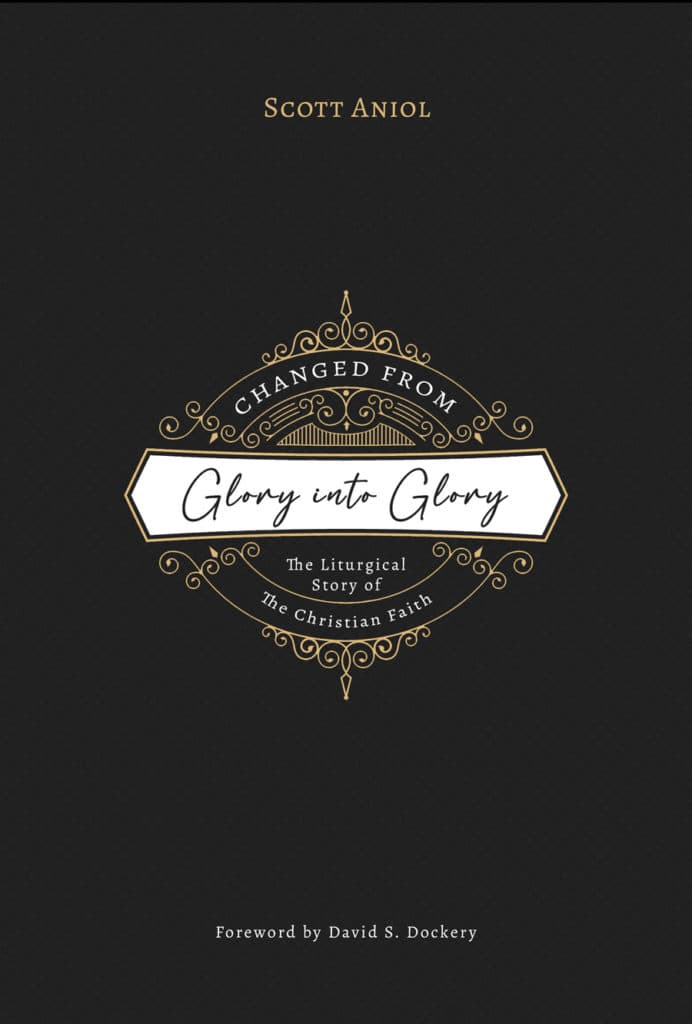In both Ephesians 5:19 and Colossians 3:16, Paul commands gathered believers to sing psalms, hymns, and spiritual songs, thereby “singing and making melody to the Lord with your heart” (Eph. 5:19) and “teaching and admonishing one another in all wisdom” (Col. 3:16).
Scholars disagree as to the exact meaning of the three terms psalms, hymns, and spiritual songs.1See Scott Aniol, “Psalms, Hymns, and Spiritual Songs: Assessing the Debate,” Artistic Theologian 6 (2018): 13–18 Traditionally, “psalm” referred to Old Testament Jewish psalms, “hymn” was a common term in the culture denoting poetic expression of praise to deity, and “ode” was a generic term for singing.
The term “spiritual” may have been used to modify “songs” so as to designate them as specifically spiritual in contrast to secular songs, or the term could modify all three words.
Notably, all three Greek terms are used interchangeably in the titles of psalms in the Greek translation of the Old Testament (LXX). Furthermore, the terms are used interchangeably even within the rest of the New Testament. For example, while Paul typically uses the term “psalm” to refer to Old Testament psalms, in several places he uses the term to refer to Christian hymns (1 Cor. 14:26; Jas. 5:13). Likewise, the reference to a “hymn” in Matthew 26:30 and Mark 14:26 was most likely a psalm, and John calls the “new” songs of Revelation 5 and 15 “odes.”
Therefore, since psalms, hymns, and spiritual songs are each used as translations of psalm titles in the LXX and are employed interchangeably in the New Testament, the weight of evidence seems to suggest that Paul did not intend the terms to designate clearly identifiable genre of corporate songs.
Several implications can be drawn from this conclusion.
First, at very least these passages include a mandate to sing Spirit-inspired OT psalms. No matter how narrowly or broadly one interprets the terms, that Paul commands believers to sing psalms is clear. Whether these psalms are paraphrases or versifications is beyond Paul’s purview, but churches wishing to actively apply Paul’s instructions should make efforts to regularly incorporate OT psalms in their corporate repertory.
Second, conversely, no clear argument may be made from these passages alone concerning the warrant for singing songs beyond the OT psalms. Because these terms could refer only to different types of psalms, one cannot argue with certainty that Paul intended to broaden the church’s song beyond inspired psalms in these passages. Other NT passages may imply the allowance of non-inspired songs in Christian worship, but this cannot be proven from Ephesians 5:19 or Colossians 3:16.
Third, on the other hand, these passages do not clearly restrict Christian song to OT psalms. As with the previous point, the ambiguity of these terms presents enough uncertainty to prevent any dogmatic argument for or against a psalmody-only position.
Fourth, these passages are not relevant as defense for any side of the contemporary worship debates. Any attempt to define these terms using contemporary categories is anachronistic at best. No warrant exists to use these passages to defend contemporary praise choruses or the continuation of Spirit-inspired songs, but neither do these passages disallow them.
The only certain application to Christian churches from this phrase is that God expects his people to sing—at the very least they should sing inspired psalms.

This excerpt is from Changed from Glory Into Glory: The Liturgical Story of the Christian Faith, published by Joshua Press. Click here to purchase your copy.
References
| 1 | See Scott Aniol, “Psalms, Hymns, and Spiritual Songs: Assessing the Debate,” Artistic Theologian 6 (2018): 13–18 |
|---|




